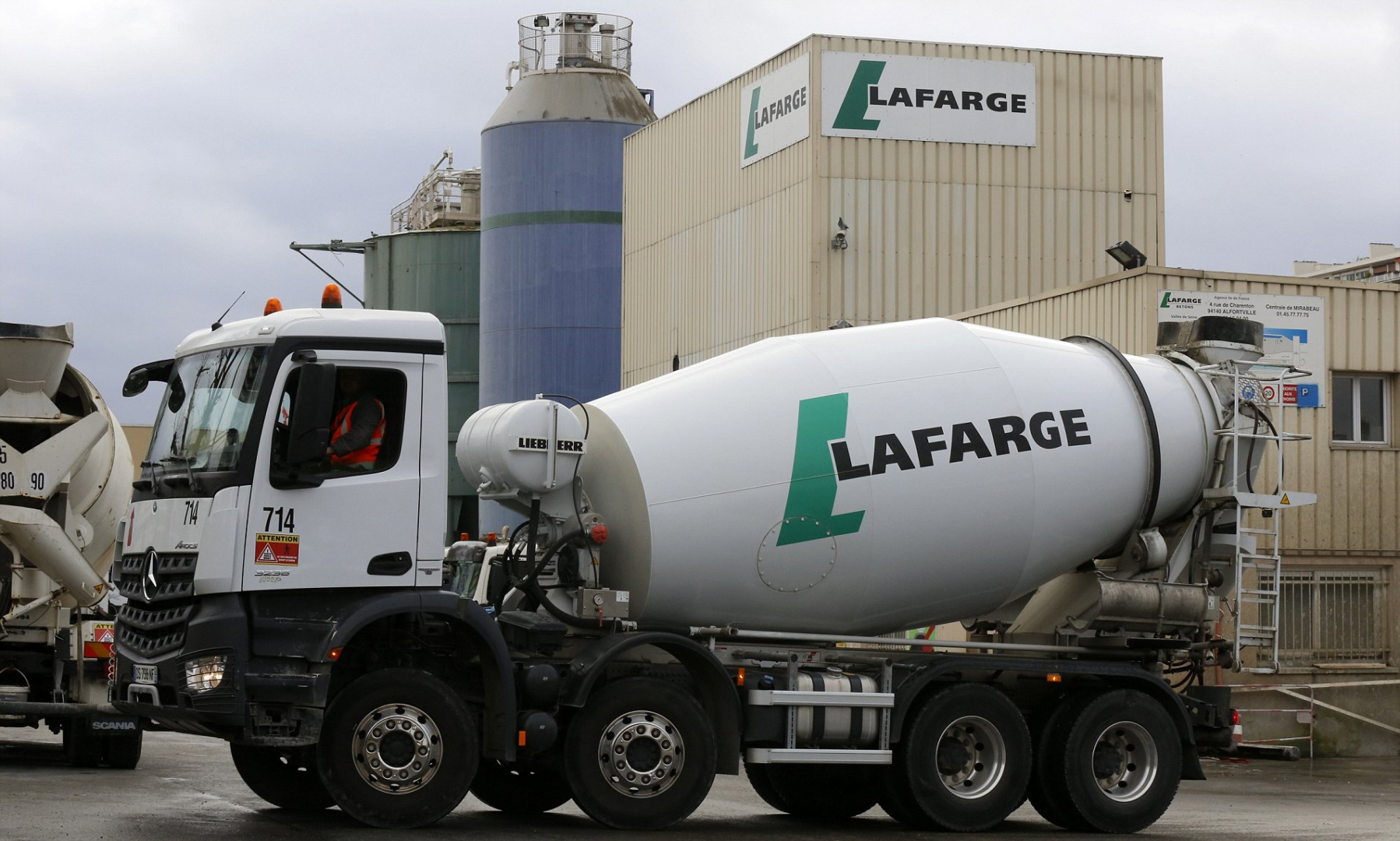Polish e-commerce companies under regulatory pressure: high costs of adapting to new tax and customs regulations - Ecommerce Europe
This article has been provided by Ecommerce Europe’s National Association: The Chamber of Digital Economy (Poland)
Changes in tax and customs regulations are among the biggest challenges facing the e-commerce sector today. Implementing new regulations such as the VAT E-COMMERCE Package, DAC7 Directive, and customs standards AES PLUS and NCTS PLUS has cost Polish online businesses PLN 171.5 billion over the past two years—equivalent to approximately 11% of the annual sales of the entire e-commerce market (B2C and B2B).
According to the latest report, regulatory compliance not only generates high costs but also limits companies’ investment capabilities and increases administrative burdens.
New laws require e-commerce companies to make strategic decisions related to financial management, compliance, and adapting operational systems. However, only 20% of e-commerce businesses have fully met the requirements of the new regulations.
The biggest challenge for online businesses has been the implementation of the new customs standards—AES PLUS and NCTS PLUS—which have so far been adopted by only 25% of e-commerce companies. The overall impact of regulations on business operations is considered significant, with the difficulty of implementation rated at 4.9 on a scale of 1-6.
Legal changes are generating huge financial and operational burdens, especially for smaller market players. For many companies, compliance means reducing investment in growth and increasing costs associated with hiring additional experts.
However, concerns remain about further legal burdens for businesses operating within the European Union. The priority should be to ensure a level playing field and enhance the competitiveness of European companies. A balanced approach is essential to provide effective solutions without stifling innovation.
“Europe is over-regulated. Instead of introducing new laws, we should focus on enforcing the existing ones—especially for non-EU players,” says President of the Chamber of Digital Economy (e-Chamber), which commissioned the study and report from Mobile Institute.
According to Katarzyna Czuchaj-Łagód, CEO of Mobile Institute, the costs of adapting to new regulations are significantly more burdensome for smaller companies.
For micro-enterprises (up to 10 employees), compliance expenses related to the DAC7 Directive, VAT E-COMMERCE Package, and customs standards range from PLN 125,000 to PLN 181,000—four times higher than the costs of previous regulations such as GDPR or the Omnibus Directive.
Regulations not only impact the internal operations of businesses but also their competitiveness against non-EU entities, particularly from China.
For 33% of companies, the biggest challenge is the growing competition from Asian e-commerce platforms, which do not face the same compliance costs as Polish online retailers.
Experts emphasize the urgent need for EU customs reform, including the removal of the €150 customs exemption threshold—ideally by 2026, as suggested by e-Chamber. This move could help create fairer competitive conditions for European businesses.
Another key issue is the development of the EU Customs Data Hub, which aims to simplify procedures and eliminate administrative barriers.
The report reveals that 60% of surveyed companies have not yet implemented the required tax and customs changes, posing a risk of penalties.
The main barriers to compliance include:
Experts call for greater legislative stability and transparent dialogue between tax authorities and businesses. To ensure the continued growth of Polish e-commerce, it is crucial not only to introduce necessary changes but also to guarantee fair competition with non-EU entities.
Data from the report “e-Accurate: E-commerce sector spending to adapt to tax and customs regulatory changes 2025” commissioned by the Chamber of Digital Economy (e-Chamber) and conducted by Mobile Institute.
The study was conducted on a sample of 234 representatives of online-selling companies and 1,758 internet users through CAWI methodology using responsive electronic surveys.
To estimate the total regulatory compliance costs for the entire Polish e-commerce market, the data was adjusted to reflect the employment structure of businesses operating in Poland.
The full report is available for free on the e-Chamber website: https://bit.ly/e-accurate-customs-taxes-2025
The Chamber of Digital Economy represents and supports businesses in the digital economy sector in Poland, with a particular focus on companies associated with e-Chamber.
Its mission is to develop Poland’s digital economy sector through:
More information: www.eizba.pl










